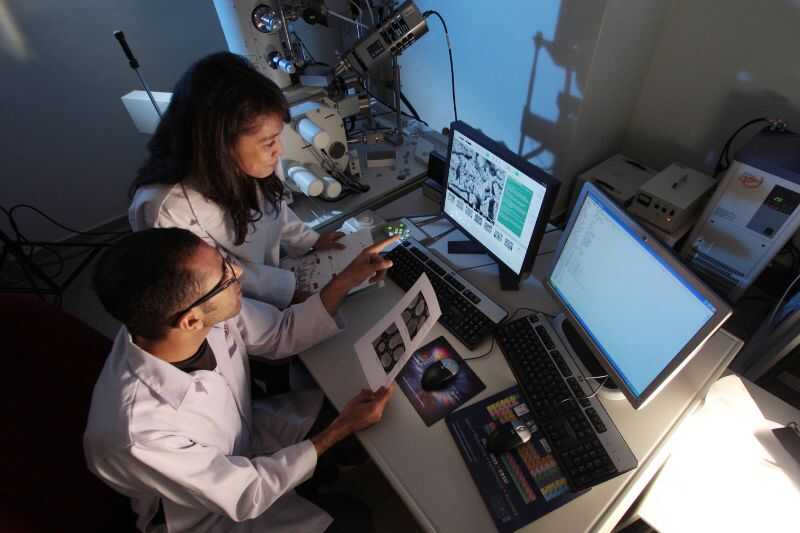Question
The most important aim of science should be to improve people's lives. To what extent do you agree or disagree with this statement?Model Answer
Universities these days generally expect their science departments to focus on areas of study that have a commercial application. This has led some people to ask whether purely theoretical research will soon be a thing of the past. Personally, I believe that science should be first and foremost about expanding human knowledge regardless of whether it is likely to improve our everyday lives.
The attempt to understand our environment is something fundamental to human nature; therefore, the expression of this curiosity through the practice of science should be an end in and of itself. It is only in the past few hundred years that scientists have become mostly concerned with the practical application of their research, largely as a result of commercial pressures. Whilst it is true that practical science often enhances the quality of life for individuals, I believe scientists should be free to explore any theory, even if its practical application is not immediately apparent.
In any case, if scientists of the past had only focused on improving people's lives then many useful scientific breakthroughs would have never been made. For example, research into particle physics was initially concerned with discovering the nature of the universe. Little thought was given to how this knowledge could be used to better the human condition. Recently however, this research has resulted in the invention of quantum computing and the development of the next generation of super computers.
In conclusion, purely theoretical scientific research is hugely important as an expression of human curiosity. Furthermore, the research in this field often leads to unforeseen breakthroughs in other areas.
(266 words)
